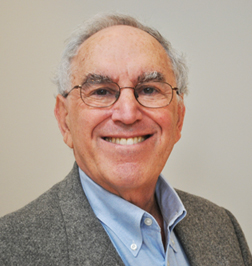 Michael Gordon, MD, MSc, FRCPC, Medical Program Director, Palliative Care, Baycrest Geriatric Health Care System, Professor of Medicine, University of Toronto, Toronto, ON.
Michael Gordon, MD, MSc, FRCPC, Medical Program Director, Palliative Care, Baycrest Geriatric Health Care System, Professor of Medicine, University of Toronto, Toronto, ON.
Abstract
With the rapidly increasing numbers of elders in North American Society, the prevalence of those living with dementia is clearly on the increase. According to the most recent document provided by the Alzheimer Society of Canada, The Rising Tide the growth in the numbers of those living with dementia will increase from 480,600 in 2008 (1.5% of Canada's population) to in the year 2038—1,125,200 people with dementia (2.8% of Canada's population).1 All the challenges that Canadian society faces with this growing population merely mirror the enormous complexities that those living with dementia, their families and health care professional providers must increasingly contend with. Government policy makers must find ways to address this increasing population in which Dementia plays a prominent role. The result of the Supreme Court ruling on the Rasouli case has major potential implication for those facing the later stages of dementia and those under whose care members of this population will be entrusted.
Key Words: dementia, aging population, substitute decision makers.